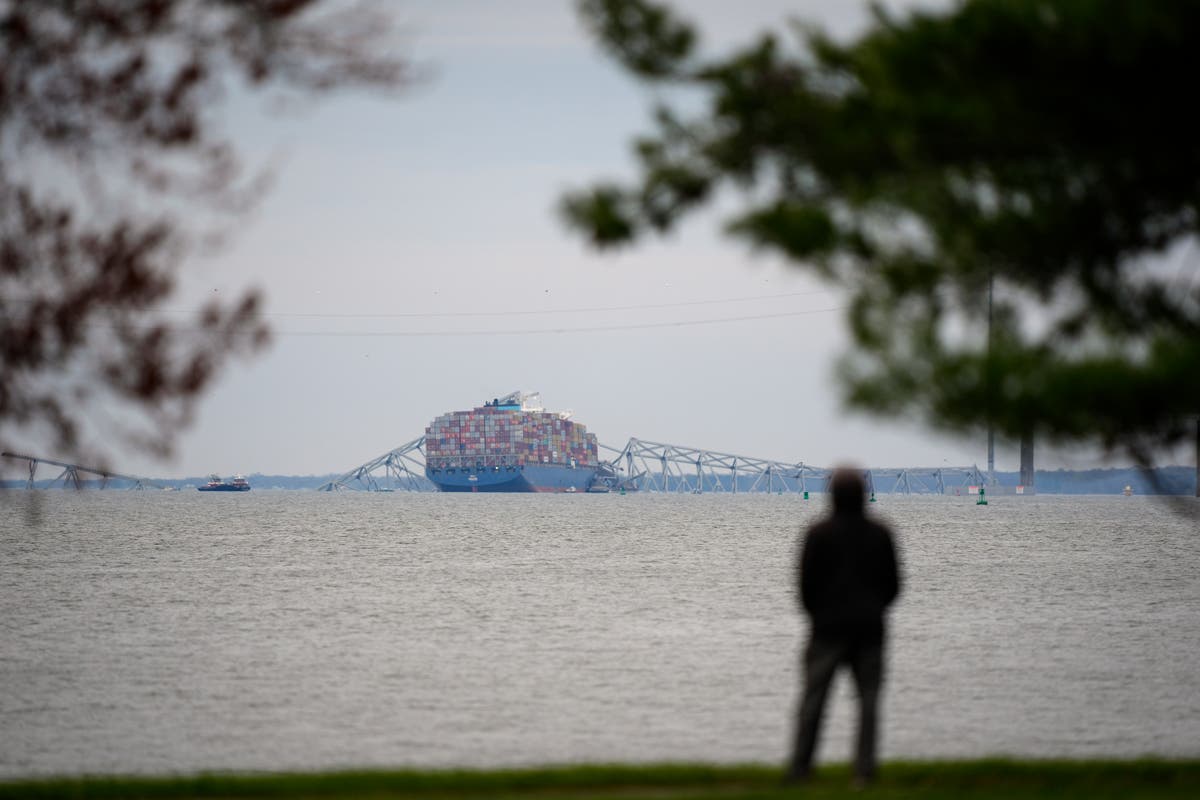Generations of working-class Marylanders watched in disbelief this week as an iconic symbol of their maritime culture crumbled into the Patapsco River
Generations of Maryland workers — longshoremen, seafarers, steelworkers and crabbers whose livelihoods depend on Baltimore’s port — watched in disbelief this week as an iconic symbol of their maritime culture crumbled into the Patapsco River.
The deadly collapse of the historic Francis Scott Key Bridge has shaken Baltimore to its core.
“What happened was kind of a travesty,” said Joe Wade, a retired port worker who remembers fishing near the bridge as a child. “I’m not a crier, but … I got emotional.”
Baltimore was a port long before it was incorporated as a city — and long before the United States declared its independence from Britain. Many of the city’s brick rowhouses were built to house fishermen, dockworkers and sailors. They earned a reputation for being pioneering and tough, unafraid of rough seas and long days.
It’s a cultural identity that persists among modern-day watermen like Ryan “Skeet” Williams, who makes a living harvesting crabs from the Chesapeake Bay.



I don’t even mind that he’s sad about it. It’s that he said he cried over it but didn’t even mention the men who died. That’s just fucking callous.